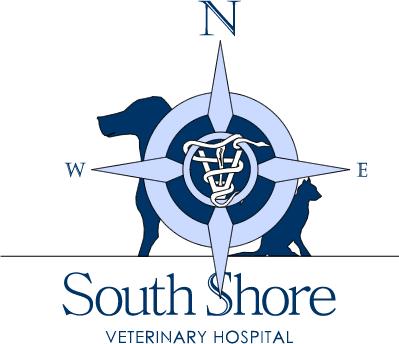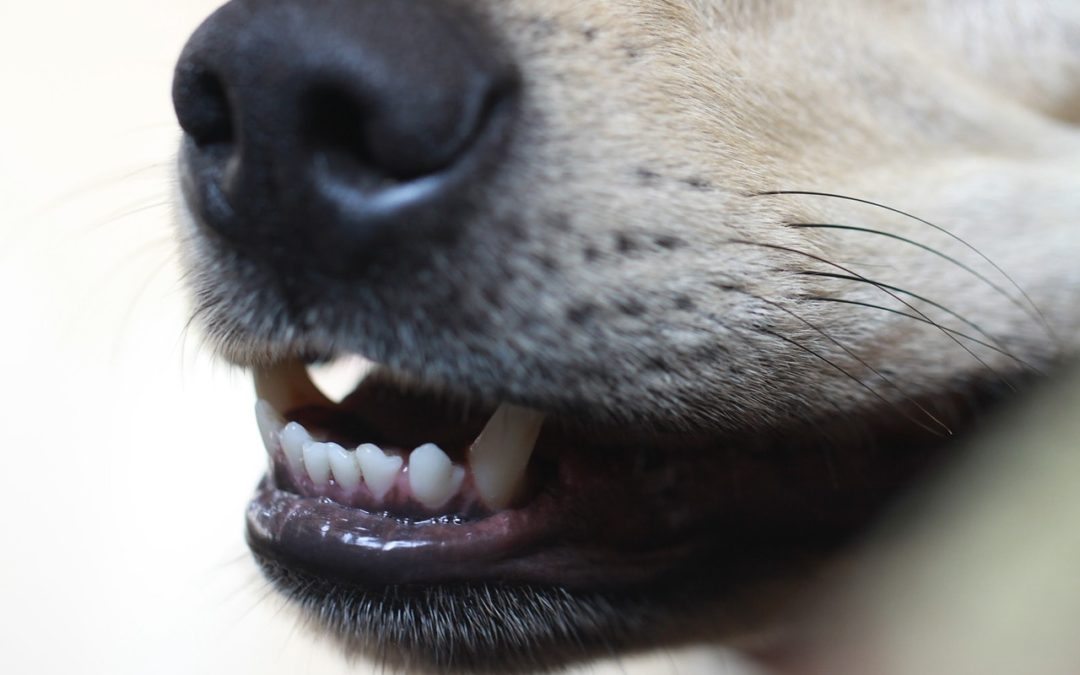At South Shore Veterinary Hospital, we believe that a healthy mouth makes a happy pet. Good dental health can also help your loved one live a longer life. We want to assist with this important component of your pet’s care by offering comprehensive, professional dentistry services. Proper dental health doesn’t just occur while you’re in our office, what you do at home can lead to positive results as well!
Did you know that more than 80 percent of dogs have some degree of dental disease by 3 years of age? You can help prevent that by taking care of your pet’s dental health at home!
Brushing your pet’s teeth can be a daunting task, but we have some tips for you!
1. Choose the right toothbrush. There are dog toothbrushes that closely resemble human toothbrushes, but they are smaller and have softer bristles. Some dogs better tolerate a finger toothbrush, which fits over your finger and gives you the ability to access some of those hard-to-reach teeth.
2. Use a dog-friendly toothpaste. Fluoride is toxic to dogs, so never use a human toothpaste on your pup. There are many pet-friendly options (and they often come in flavors your dog will love, like beef or poultry). If you’d rather make your own, mix 1 tablespoon baking soda with 1 teaspoon water.
3. Wear them out. Brushing your dog’s teeth will usually be easier if he’s tired and calm. Take him for a long walk or let him run around the dog park for a while before attempting to clean his teeth.
4. Brush his teeth. Working in circular motions, you’ll begin in the back of the mouth and move toward the front. Focus on the outside surface of each tooth because that’s where most of the plaque and tartar will build up. If he tolerates it, then work on the inside surface of each tooth.
5. Don’t force it. If your dog shows signs that he is scared or uncomfortable, stop brushing, give him affection, offer a treat, and try again tomorrow.
Should your pet already be experiencing a problem with his or her teeth, gums or oral cavity, we can assist with that as well. Our hospital features modern dental equipment, which we can use to handle everything from extractions to oral surgery. Patients undergoing dental procedures must be placed under general anesthesia. Rest assured that we will pay extra close attention to the safety and comfort of your pet at all times while in our care. If you have any questions, please contact us!
Have questions?
Click the button below to contact us with any and all questions you have! We’re here to help.

